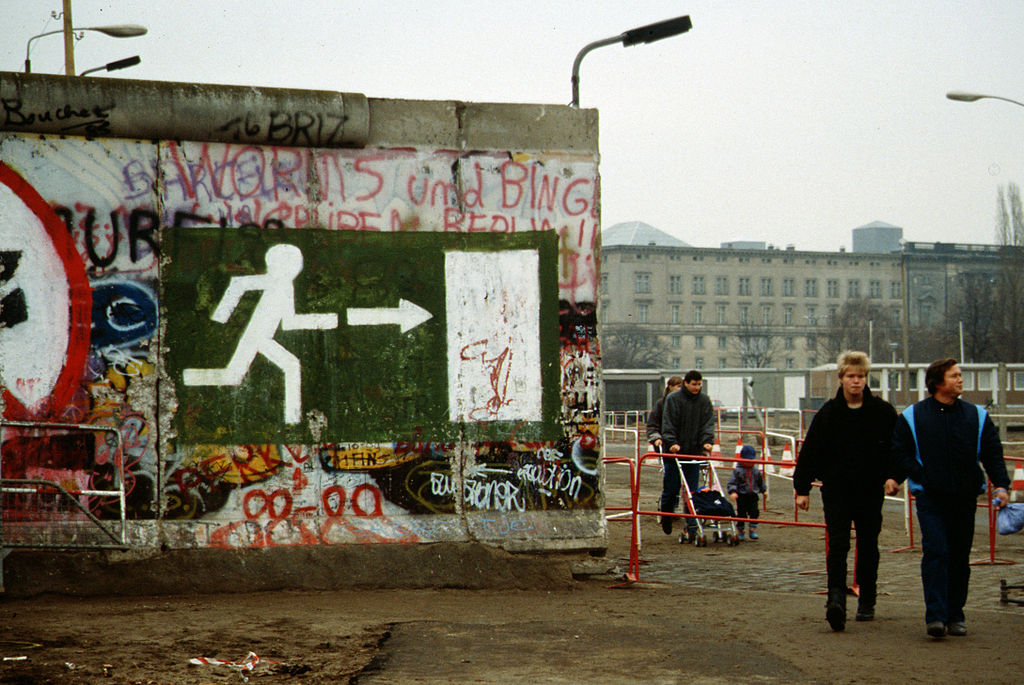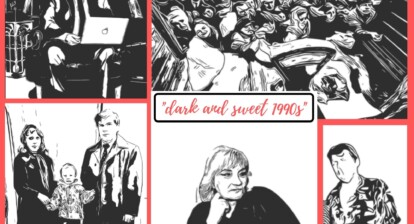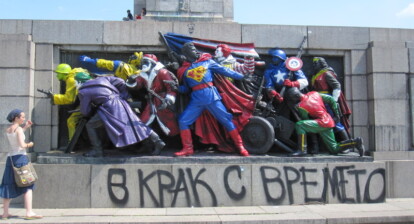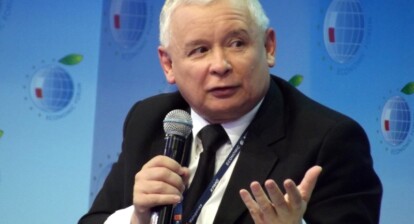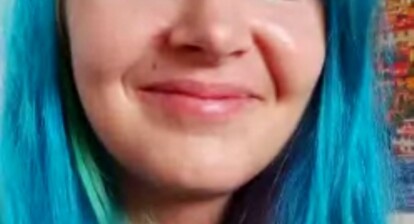This year marks the 30th birthday of the fall of the Berlin Wall which divided Germany for more than 25 years in two parts: the German Democratic Republic (GDR) being part of the Soviet, and the Federal Republic of Germany (FRG) being part of the Western sphere. However, this was not the only turning point for the people living in Europe during the time of the transition of 1989-1991. Events that formed a whole generation in their believes, characters and their way of living. The younger generations today are often told stories of what happened back then and what life was like for those who were immediately affected by the events marking the transition. However, we want to take a closer look at different personal stories from various countries in Europe to get insights into experiences of the European transition.
That’s why our author Trixi asked members from the EUSTORY Network from all over Europe “Where Were You When the transition of 1989-1991 took place in your country?” Read their stories here:
Alicja Wancerz-Gluza (*1956), Poland
Organiser of the Polish EUSTORY History Competition
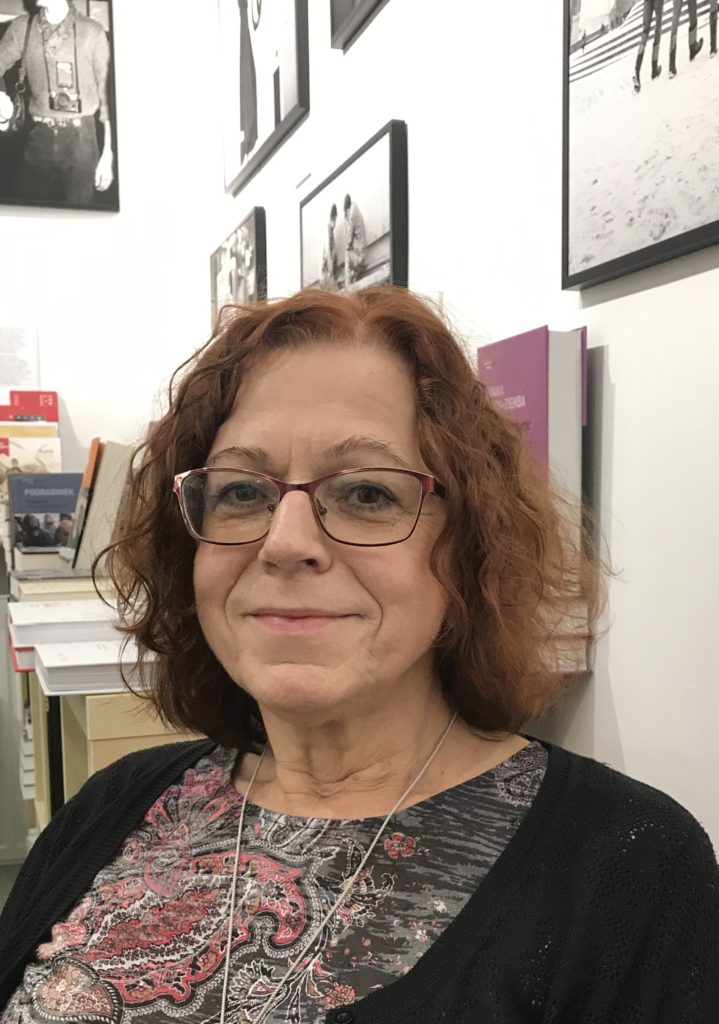
Alicja Wancerz-Gluza (Photo: Private)
“Especially the year 1989 was very important for the transition of my country and for our history because on 4th of June 1989, communism collapsed in Poland after 45 years. So, of course, it is a symbolic date for all of us, it is a date of the first semi-free voting for our parliament. But for me it is very important too what was happening before 1989.
When the Martial Law was established in 1981 me, my husband and some friends and colleagues, deeply involved in the Solidarność-movement, at some point decided that we must fight against communism. That’s why we started establishing an underground newspaper called Karta.
We did not only publish a magazine, but also in the conditions of conspiracy documented the history of Soviet repression against Polish citizens during World War II and afterwards. We thought that the most important thing for the people at that time was to have some kind of newspaper to have contact with free words and information which was not given by the government at that time. So we continued our work on the newspaper in the underground, facing many difficulties until the end of the communist regime in 1989.
My husband as being the head of the newspaper was arrested in 1985. He spent several months in prison shortly after we were married and me being pregnant, earning enough money for all of us to survive in the underground without getting caught and still managing to publish a newspaper regularly.
However during the 8 years in the underground our newspaper had become quite successful and so we tried to bring it out of the underground in fall 1989 and establish it on the regular market. Not as an informal magazine like a newspaper but as a historical one about freedom, personal stories and memories of people living during the communist occupation, which was absolutely forbidden to write about during that time.
When we were in the underground the only goal for all of us was to force communism to collapse. We had very few contact with western countries, there were many discussions about what would happen after the transition, but there was only one common goal, which we managed to witness in 1989.
Since 37 years now, we keep up with the work at Karta still remaining a non-governmental institution writing about history of Poland and conducting educational activities. By now we have a huge archive including private documents, memories, diaries and also about 300,000 unique photos and many oral history reports trying to hold on to the freedom we gained in 1989.”
Karsten Korbøl (*1971), Norway
Organiser of the Norwegian EUSTORY History Competition
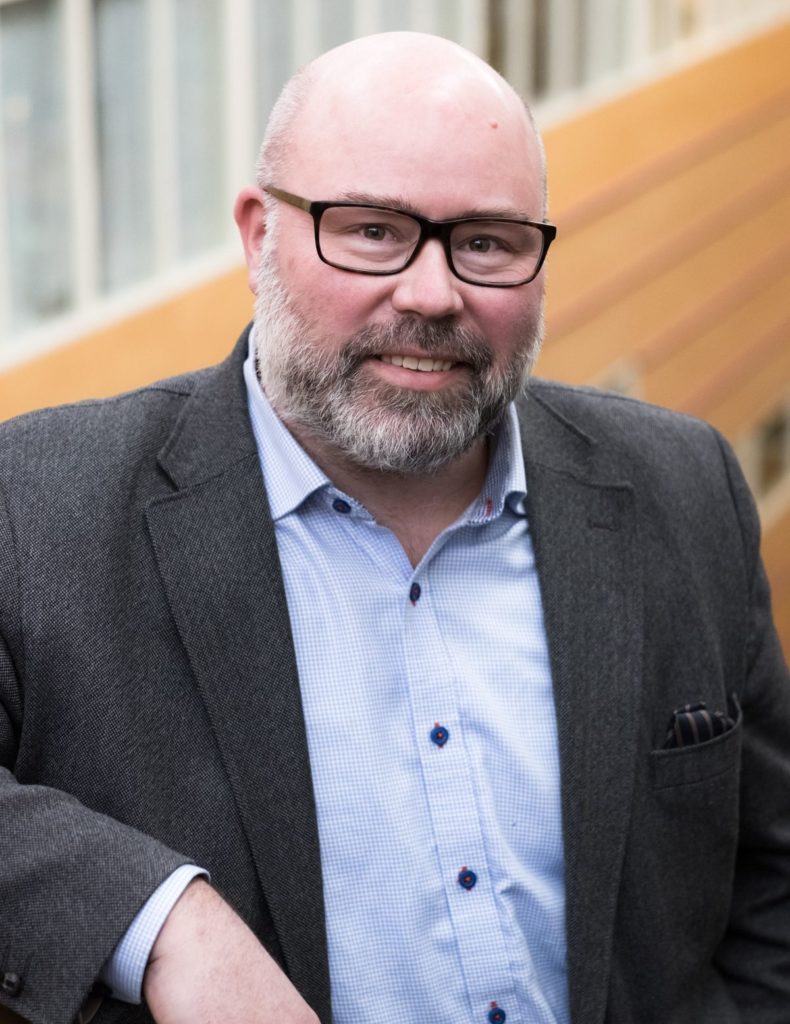
Karsten Korbøl (Photo: Private)
“I was starting my last year of school in the fall of 1989 and beginning to think about what to study after I was done with school the next summer. I remember discussing in our class what was happening in Eastern Europe on a Friday and coming back to school on Monday while things had changed completely with the opening of the Berlin Wall. Seeing the peaceful demonstrations in Prague being violently shut down by the armed forces was frightening and the way they continued after this was really impressive to witness.
Everything went so fast that we could hardly understand exactly what was happening and what this meant for all the people living there only by seeing what was broadcasted on television. It made a huge impression on all of us but at the same time we couldn’t really understand how the end of the cold war would change the future for Europe and the new-born excitement and optimism that came with new possibilities for work, travel and connections with people from countries we had never visited before.
In August of 1991, I took the opportunity to travel to the Baltic States. During the stay in Tallinn, Estonia, the Coup d’état attempt against Gorbachev took place. I remember that our Estonian friends invited us to fight alongside them in case they would have to defend their rights and country. While the Estonians remained calm and were sure about what to do, we were really nervous and afraid of the situation not knowing when we would be able to go back to Norway.
For us in Norway the change didn’t affect us directly. However the question whether Norway should try to become part of the European Union was directly touched by the transition.
In retrospect, I can say that the time of the transition was a decisive one for me. I am pretty sure that without the transition that took place in the Eastern Europe countries, I wouldn’t have started studying history and Czech language and finally even writing my Master thesis on Czech history.”
Miguel Barros (*1965), Portugal
Organiser of the Portuguese EUSTORY History Competition
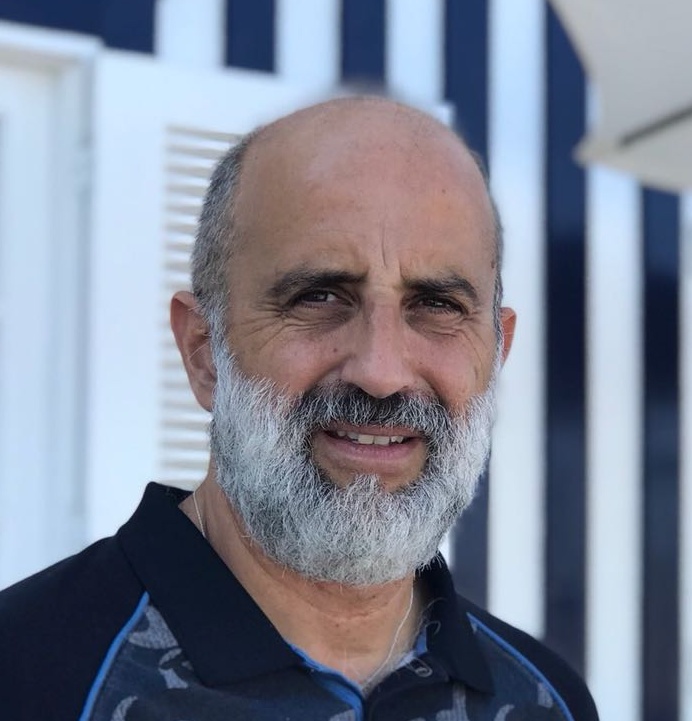
Miguel Barros (Photo: Private)
“Especially the Fall of the Berlin Wall in Germany is what I remember when talking about the transition in Europe. I was in the middle of the training to become a teacher, while still having some classes at university. In our lunch breaks everyone was glued to the TV watching the latest news from the other side of Europe, even though there were only the limited national TV channels. Living in Portugal meant living in the far West of Europe which lead to the feeling of the Soviet Union being as far away and as exotic as China.
At the same time, no one really knew what was going on and what would happen afterwards. In addition, the process of democratisation in Portugal was still accelerating since its regime change only a few years prior, in 1974, leaving Portugal a very young and right wing branded democracy. Of course, there were many opinion makers, especially in the newspapers, who now spread the fear of Portugal losing its importance within a Europe opening up to the East and so-called specialists who didn’t really know either what would happen if Russia was going to democratise or go back to the communist regime.
Then the second Gulf War began in August 1990. Since Portugal participated in it by sending soldiers to the UN army as well as allowing the USA to use a military base in Portugal, those events overshadowed everything that had happened and was still happening in Eastern Europe. Everyone was talking about the war on a daily basis and it was simply more important to us than the events at the other end of Europe.
I was more the type of person who would wait for things to come and happen. Only some years later I realized how important the Fall of the Berlin Wall had been and became really nostalgic for a moment, realising how this actually had changed people’s lives and views.”
Katja Fausser (*1971), Germany
EUSTORY Managing Director
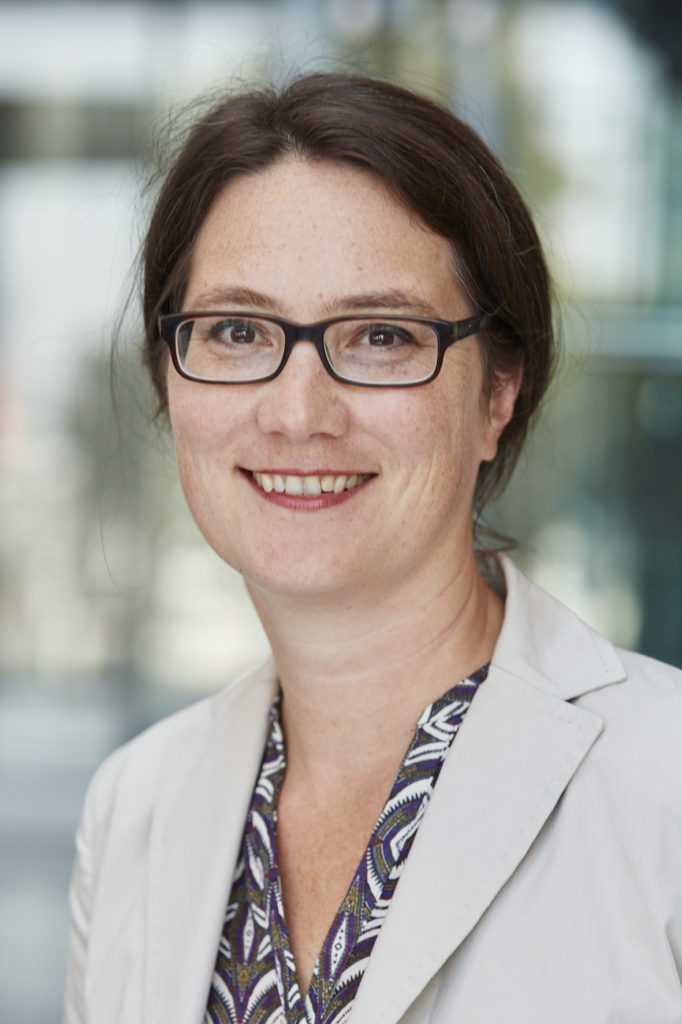
Katja Fausser (Photo: Claudia Höhne)
“For me the 9th of November 1989 was a very special day as it was my 18th birthday on the 10th of November. Turning 18 years old in Germany means becoming a grown-up, it is celebrated traditionally in Germany as a huge event with friends and family. I had planned to celebrate my birthday with all my friends in the evening of this unique day.
However, instead of celebrating my birthday, we were sitting in front of the TV together the whole night: Because of the fact that the Berlin Wall had come down the night before, everything was so crucial and immediate that every single one of us wanted to know and see what was happening, the reporting from Berlin and the voices of the peaceful revolution. There was no alternative to watching what was happening. My parents didn’t even hesitated to have a TV session in our living room and that’s what my guests and friends wanted to do as well.
We all talked and discussed for hours and it was really feeling like we were part of a historical moment and this was bigger than me having my 18th birthday party. Of course, at some point in the evening they all raised their glasses, cheered and sang happy birthday but in the end this was all overshadowed by the change happening in our country right at that moment in time. The relief and happiness of this moment was strong, even for me living in the city of Cologne in the very Western part of Germany where I was not much affected by the consequences of the German division in my daily life. However it was the symbol of the end of the Cold War.
Although there was no clear vision of what would happen now with the two different parts of Germany, it was a milestone and a huge step for everyone in my country. The immediate changes were represented in the freedom to travel and this chance was taken directly by many Germans who started discovering what it was like on the other side of the fence that divided us for so long.”

